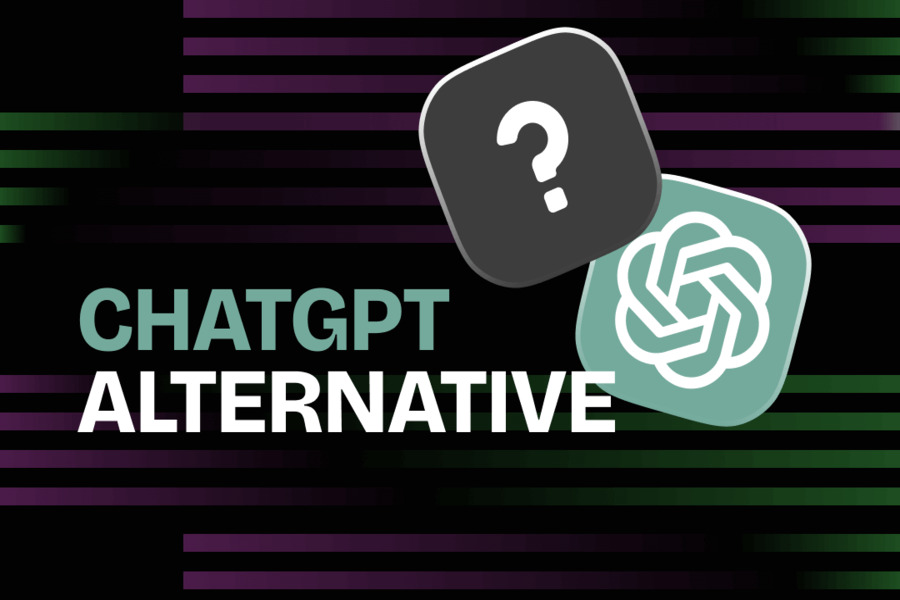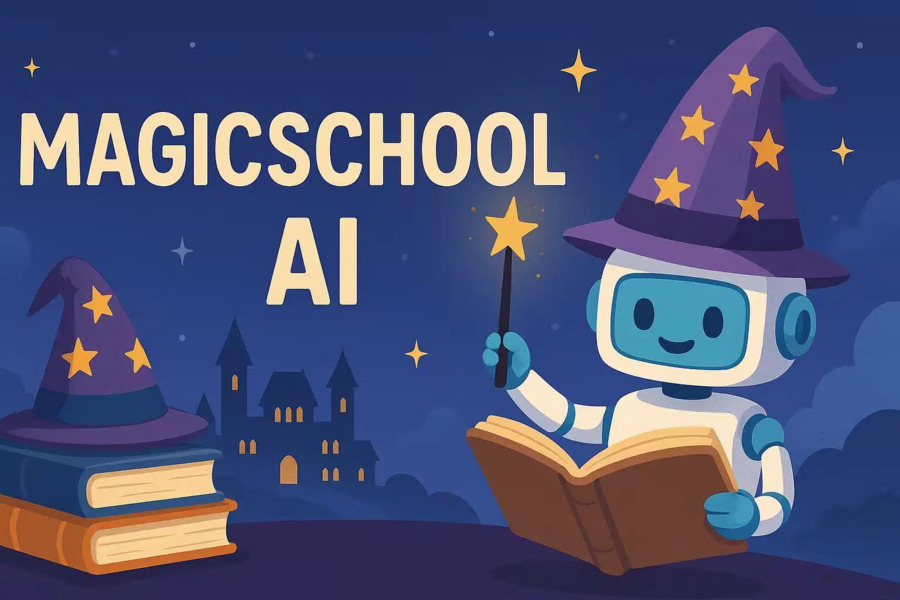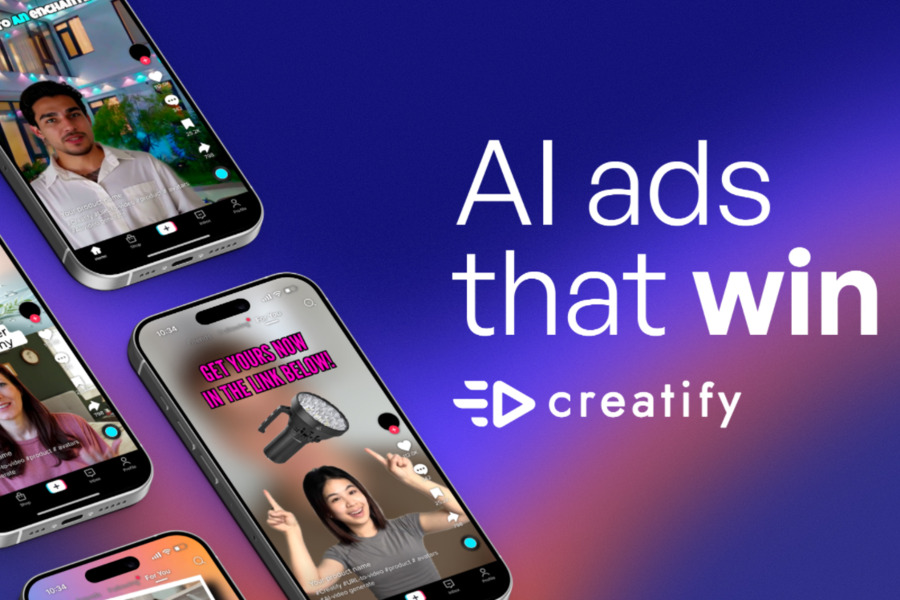The rise of AI chatbots has transformed how we create content, analyze data, and even communicate. While ChatGPT remains a popular choice, it’s not the only player in the game. In 2025, a new wave of ChatGPT alternatives has emerged—each with unique strengths for different tasks, from real-time research to creative writing and coding.
If you’re looking for an AI assistant that better fits your workflow, whether for business, research, or casual use, this guide covers the best ChatGPT alternatives available today:
- Google Gemini
- Perplexity AI
- Claude
- Grok AI
- DeepSeek
- Microsoft Copilot
- Meta AI
We’ll explore their key features, strengths, and ideal use cases so you can make an informed choice.
7 Best ChatGPT Alternatives (Reviewed)
1. Google Gemini
If you live in Google’s world—Gmail, Docs, and Drive—Google Gemini feels like a natural extension of your workflow. It integrates seamlessly with Google’s apps, offering real-time data access and creative assistance.
Key Features:
- Real-time web search – Pulls the latest info directly from Google’s search engine.
- Creative content generation – Helps draft articles, presentations, and spreadsheets.
- Knowledge Graph insights – Connects facts and data for deeper understanding.
Perfect for professionals who rely on Google Workspace and need fast, accurate, and integrated AI support.
Related Reading: Gemini vs ChatGPT
2. Perplexity AI
Perplexity AI is like having a research assistant that cites every source. Unlike ChatGPT, it prioritizes accuracy and transparency, making it ideal for students, journalists, and analysts.
Key Features:
- Source-backed answers – Every response includes references for fact-checking.
- Niche query expertise – Excels at technical, academic, and industry-specific topics.
- Clean, user-friendly interface – Makes complex research feel effortless.
If you need credible, well-researched answers, Perplexity AI is a top ChatGPT alternative for research.
Related Reading: Perplexity AI vs ChatGPT
3. Claude
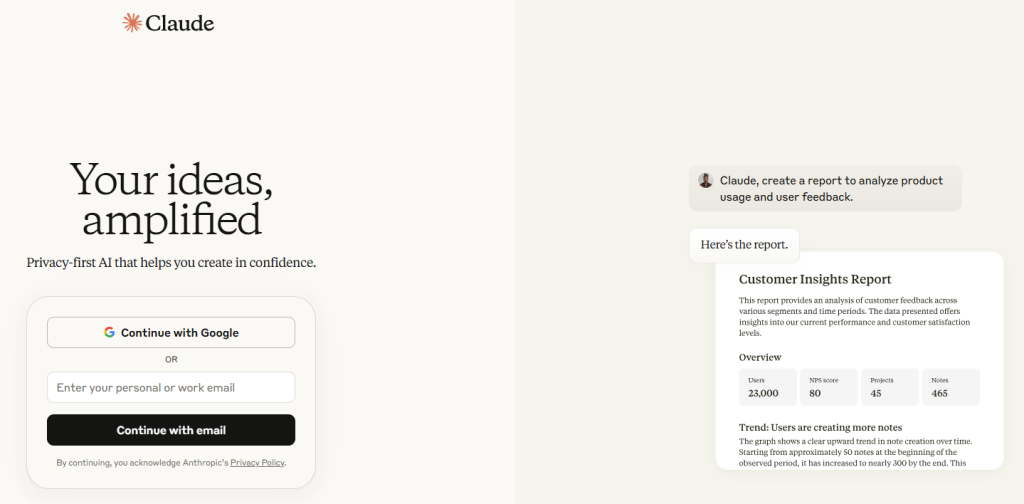
Developed by Anthropic, Claude is a powerhouse for deep analysis, long-form content, and logical problem-solving. It’s known for low hallucination rates, meaning fewer made-up facts.
Key Features:
- Advanced reasoning – Handles complex questions with structured logic.
- Image analysis – Reads handwritten notes, graphs, and photos.
- Secure & enterprise-ready – Available on AWS and GCP with strong safety measures.
Great for legal, technical, and business writing where accuracy is critical.
4. Grok AI
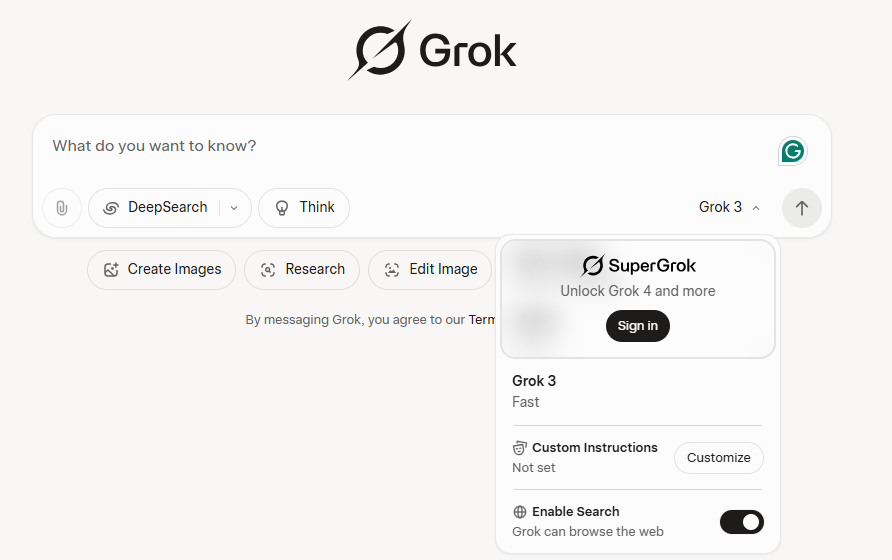
Elon Musk’s Grok AI stands out with its real-time Twitter/X integration, making it perfect for tracking trends, news, and public sentiment.
Key Features:
- Live Twitter/X analysis – Fetches and summarizes recent tweets on any topic.
- Math & coding mastery – Solves equations and debugs code efficiently.
- Step-by-step reasoning – Explains solutions in detail, great for learning.
- Grok Companions (new) – More interactive and emotionally intelligent
Ideal for social media managers, developers, and researchers needing up-to-the-minute insights.
Related Reading: Grok vs ChatGPT
5. DeepSeek
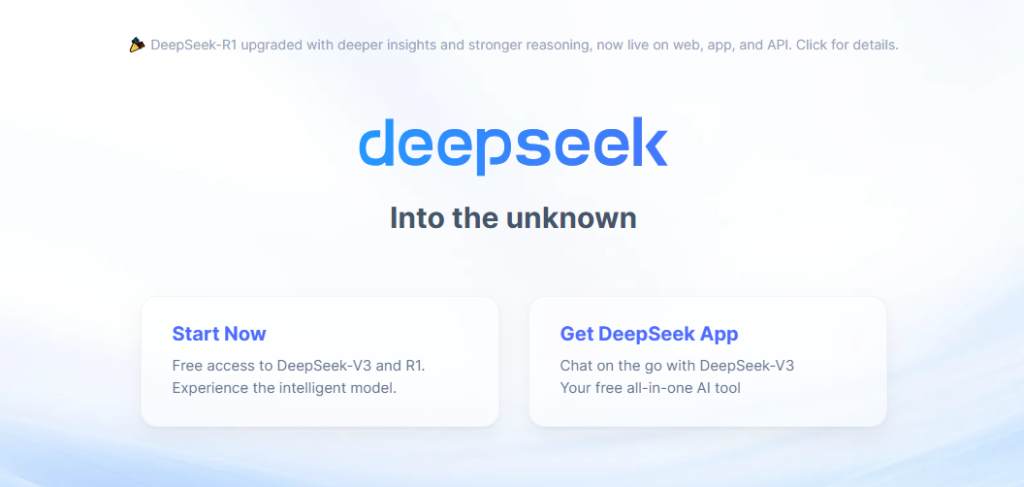
If you want a free, powerful ChatGPT alternative, DeepSeek delivers with strong reasoning, multilingual support, and zero cost.
Key Features:
- Logical & math-focused – Excels at problem-solving and calculations.
- Open-source transparency – Community-driven improvements.
- Lightweight & fast – Works smoothly even on lower-end devices.
A fantastic choice for students, developers, and budget-conscious users.
6. Microsoft Copilot
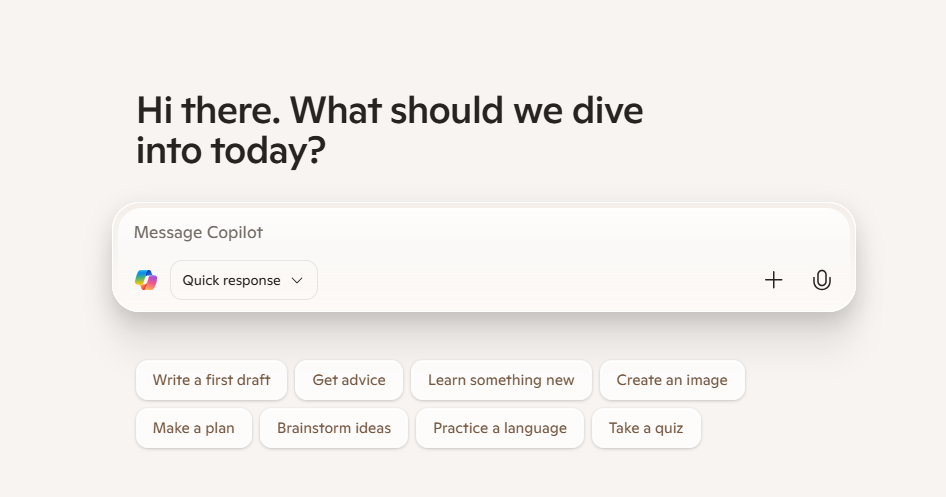
For professionals using Word, Excel, or Teams, Microsoft Copilot is a game-changer, offering AI-powered assistance directly in your workflow.
Key Features:
- Seamless Office integration – Helps with writing, data analysis, and email drafting.
- Built into Windows & Edge – Quick access without switching apps.
- Enterprise-grade security – Safe for business use.
The best ChatGPT alternative for corporate and Office 365 power users.
7. Meta AI
If you’re active on WhatsApp, Facebook, or Instagram, Meta AI enhances your social experience with image editing, caption generation, and voice commands.
Key Features:
- Photo & object recognition – Smart editing and tagging.
- Voice interaction – Hands-free control via AR glasses or mobile.
- Deep platform integration – Works smoothly across Meta apps.
Perfect for content creators and social media enthusiasts.
What to Consider When Choosing a ChatGPT Alternative
Navigating the increasingly crowded landscape of AI chatbots requires a thoughtful approach. While the array of options can be exciting, it’s crucial to evaluate several key factors to ensure you select a tool that truly aligns with your needs and expectations.
Conversation Flow
A truly seamless and natural conversation flow is paramount for a positive user experience. When evaluating alternatives, look for tools that can sustain multi-turn conversations without constantly losing context or requiring you to re-establish the premise. A practical way to test this is to initiate a trial conversation: ask a series of interconnected questions and observe if the model effectively remembers the ongoing context without you having to repeatedly provide background information.
A high-quality AI alternative should be capable of tracking the conversation’s context across multiple interactions, making the dialogue feel organic and continuous.
Content Moderation
Ensuring that your chosen AI chatbot handles harmful or inappropriate content responsibly is non-negotiable. Investigate whether the tool employs robust safety filters and content moderation mechanisms.
This is particularly vital if you plan to deploy the chatbot in professional environments or settings accessible to families. You certainly want to avoid any unpleasant surprises in the form of offensive or inappropriate responses generated by the AI.
Real-Time Updates
In today’s fast-evolving world, where information is in a constant state of flux, an AI chatbot that incorporates real-time or frequently updated knowledge is an immense advantage. Prioritize alternatives that boast rapid data refresh rates.
This ensures that the information you receive is consistently relevant to the latest events, trends, and newly acquired knowledge, keeping your interactions timely and accurate.
Customization Ease
If your requirements include specific adjustments, such as modifying the AI’s response style, integrating specialized domain-specific vocabulary, or fine-tuning the tone, then you’ll need an AI chatbot that offers robust customization options.
Compare various models to discern which ones provide intuitive and effective ways to fine-tune responses to precisely match your personal preferences or business-specific needs.
Cost and Plans
The financial aspect of an AI chatbot can vary significantly. You’ll find a range of options, from free tiers offering basic functionalities—an excellent way to dip your toes in—to flexible pay-as-you-go models, perfect for those who prefer not to commit to long-term subscriptions.
Then there are comprehensive subscription plans, which might be more suitable if you anticipate extensive, regular use. It’s essential to carefully assess whether the pricing structure aligns with your projected usage.
Conclusion on Best ChatGPT Alternatives
While ChatGPT remains a solid choice, the best AI chatbot for you depends on your needs:
- Google Gemini → Best for Google power users.
- Perplexity AI → Best for research & citations.
- Claude → Best for accuracy & long-form content.
- Grok AI → Best for real-time Twitter/X data.
- DeepSeek → Best free & open-source option.
- Microsoft Copilot → Best for Office 365 integration.
- Meta AI → Best for social media creativity.
Try a few alternatives and see which one boosts your productivity the most. The AI landscape is evolving fast—stay ahead by finding your perfect match!
